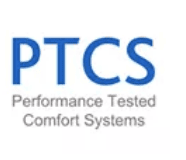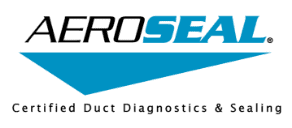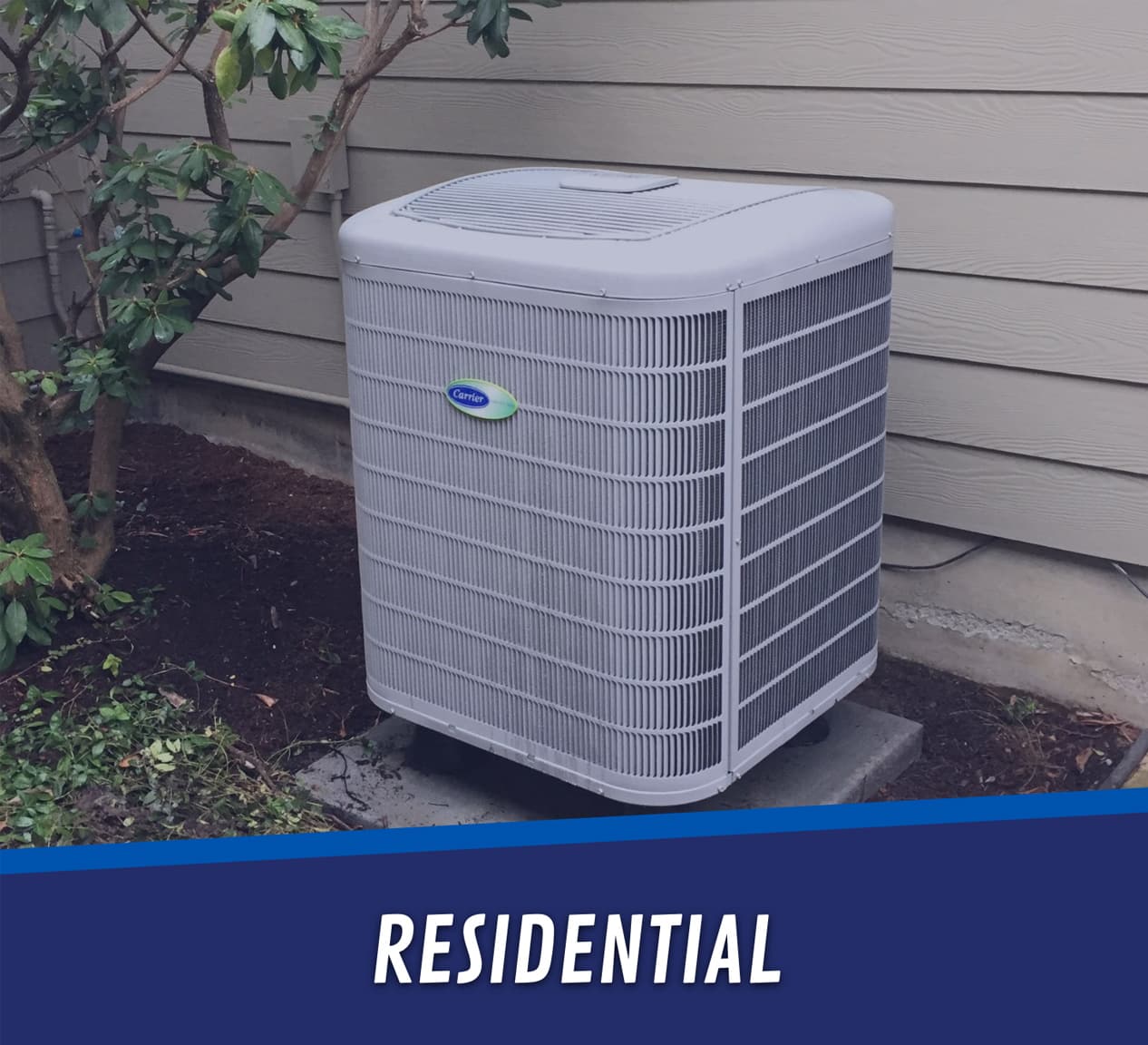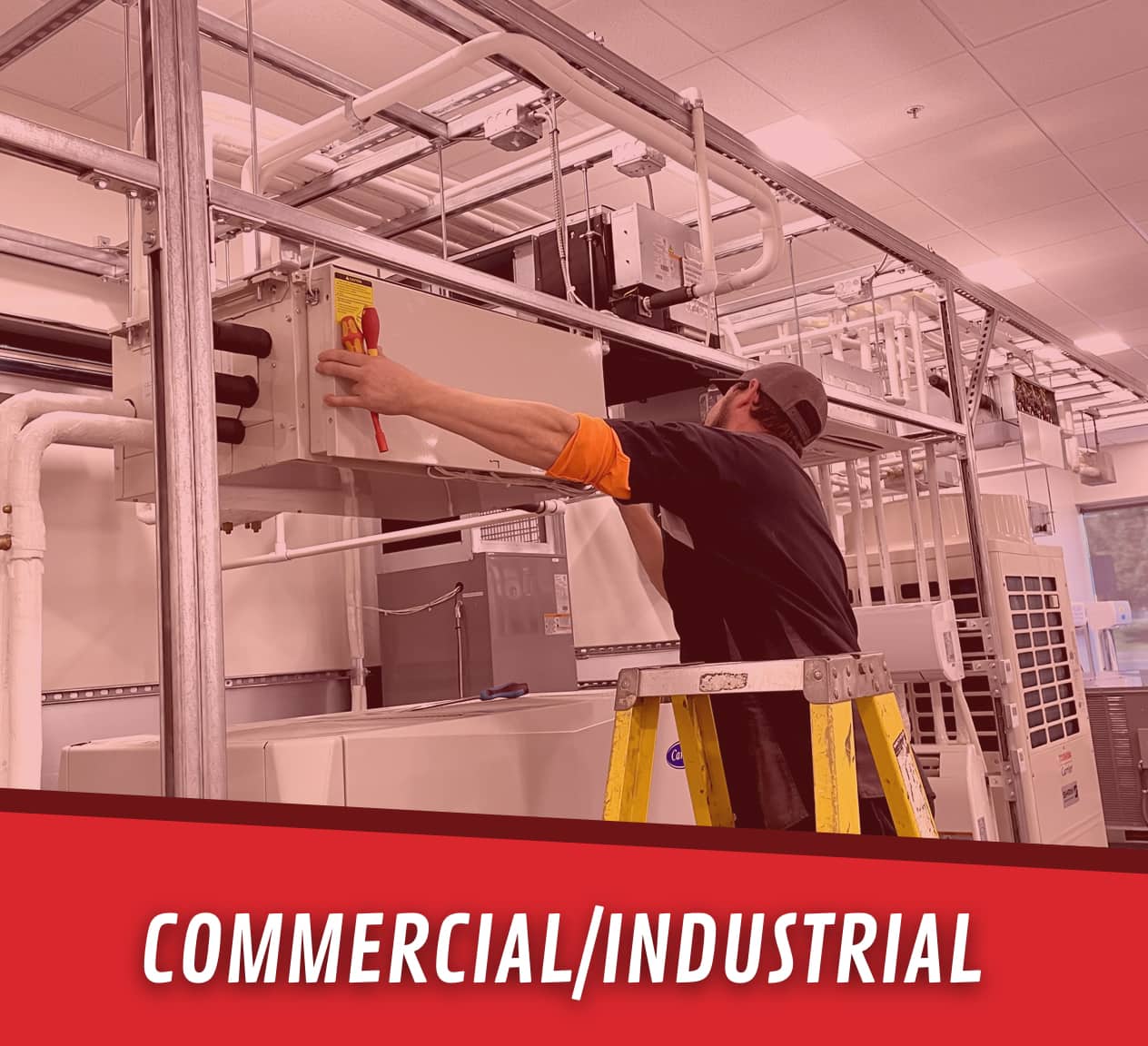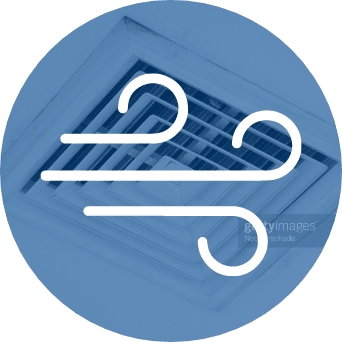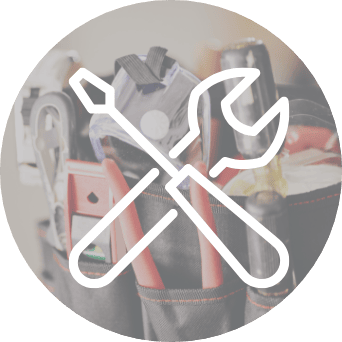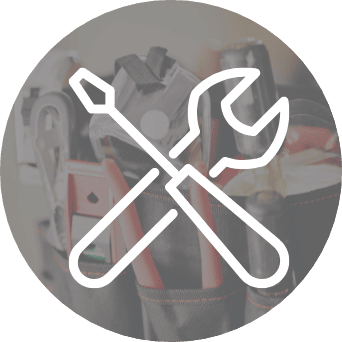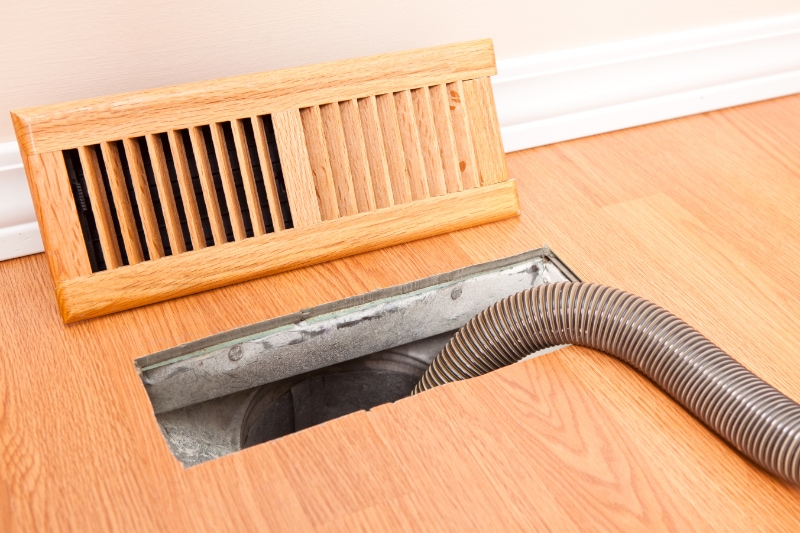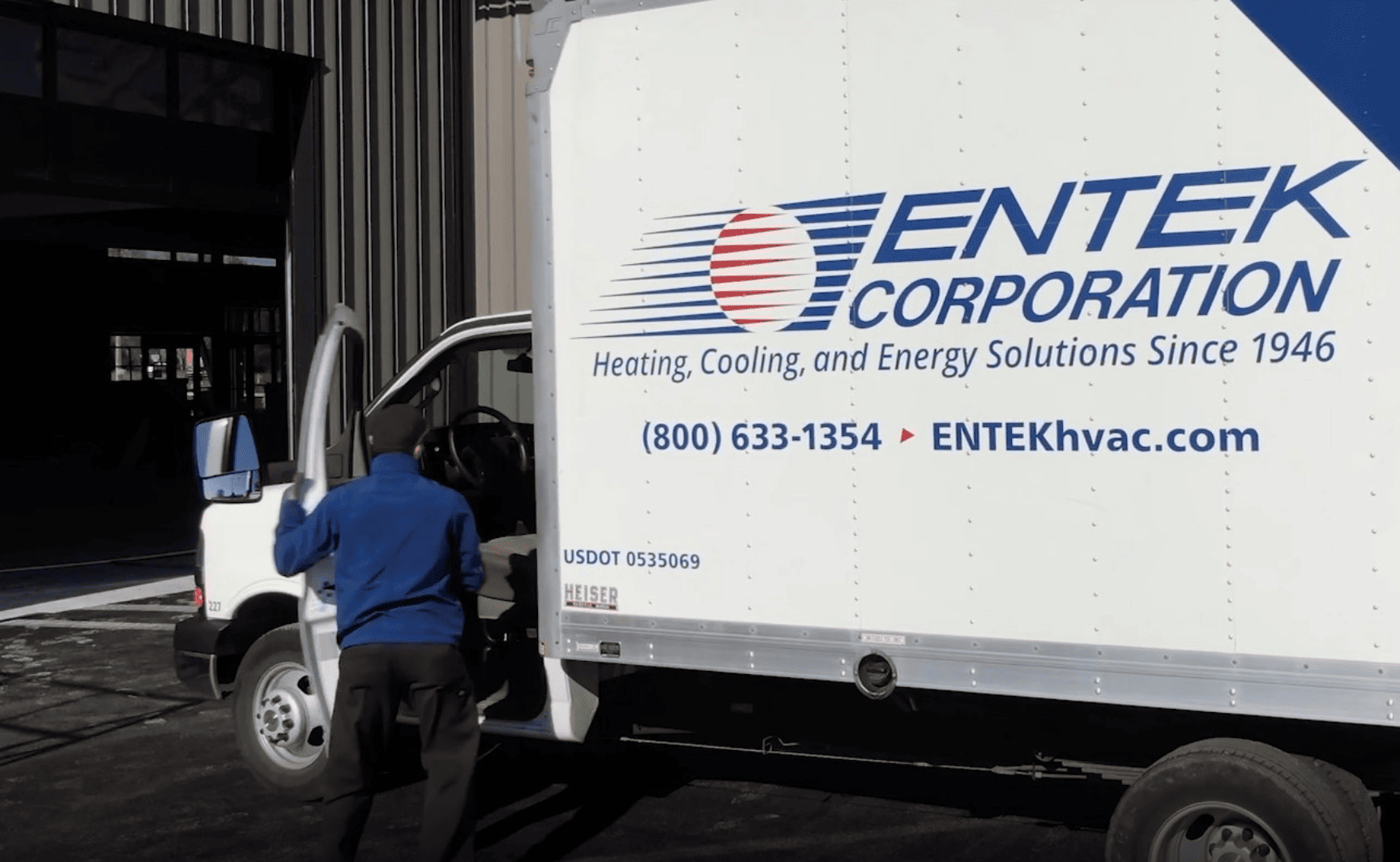SAVE WITH OUR PLANNED MAINTENANCE PROGRAMS
WHAT OUR CUSTOMERS SAY
“As a longtime customer having received excellent service over the years, choosing Entek to replace the heat pump and furnace was a given. Zach provided timely, detailed information on the options with no pressure to choose one option over another and answered questions promptly. The installation technicians – Ivo, Isaiah, Dennis and Kraig – were professional and courteous, taking time to ensure every step of the process was understood. They were simply amazing. Last, but certainly not least, Pat in Accounts was informative and helpful. Thank you!”
“We had our heating ducts cleaned out. The two young men who came were so polite and respectful. I don't see much of this anymore! They were excellent workers and even vacuumed up when they were finished. My husband and I were extremely pleased with the whole experience!”
At Entek Corporation, we realize everybody’s financial situation is unique. That’s why we offer convenient options for new system installation and repair services. Click the button below to find out more.
Heat pumps provide heating and cooling capabilities—there’s no need to supplement your heat pump with an air conditioner.
Read MoreJust like your lungs are an important connection to the rest of your respiratory system, your home’s ductwork, or air ducts, are importantly connected to your heating, ventilation, and air conditioning (HVAC) system. For your HVAC system—and your lungs—to perform at peak level, the numerous airways need to be open and clear. All in the name of breathing properly.
Read MoreSo, you’re thinking about upgrading your Washington heating and cooling system. Have you ever heard of dual fuel?
Read MoreWE SERVICE ALL MAJOR BRANDS
Carrier Factory Authorized Dealers are certified to perform HVAC installation, replacement, repair, and maintenance services. A Carrier Factory Authorized Dealer has extensive training, maintains current industry licenses and insurance, and remains committed to providing exceptional customer service. When you need HVAC service, you should always turn to a Carrier Factory Authorized Dealer.
At Entek Corporation, we are proud to be Carrier Factory Authorized Dealers. As Carrier Factory Authorized Dealers, we work hard to meet specific quality and safety standards to ensure your satisfaction.
Our professionals know all about the wide range of Carrier products and systems, and you can always count on top-tier service from us. We work hard to set the standard in our industry, and being a Carrier Factory Authorized Dealer helps solidify this goal.

VANCOUVER OFFICE
• Gresham, OR
• Hood River, OR
• Skamania, WA
LONGVIEW OFFICE
• Centralia, WA
• Chehalis, WA
• Scappoose, OR
• Vader, WA
WHAT ARE YOU WAITING FOR? CONTACT US.
